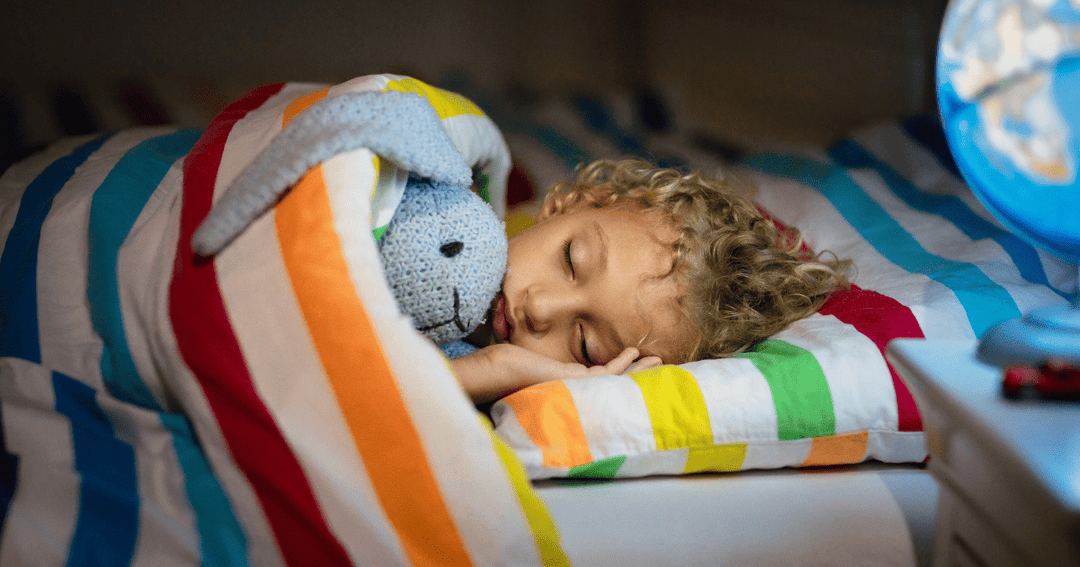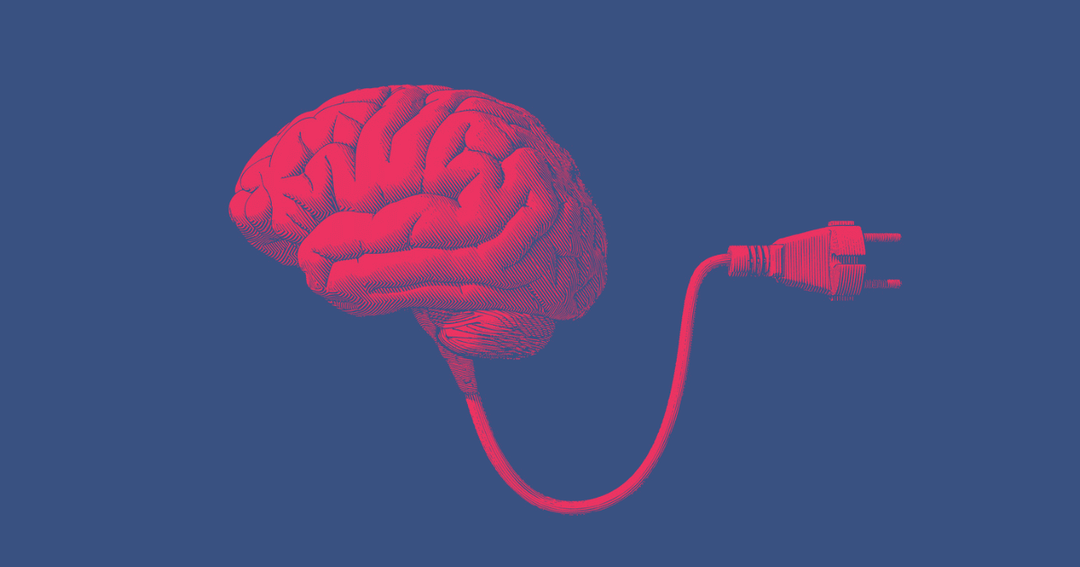University of Oregon Study Highlights How Bad Sleep is Tied to Depression and Suicidal Thoughts

Lack of sleep, or insomnia, has long been known to have several co-morbidities including depression, anxiety, and suicidal thoughts. This association was recently explored and further cemented at the new University of Oregon sleep lab. The team found that “bad sleep” has a correlation to suicidal thoughts, specifically in young people.
Not everyone with depression has suicidal thoughts or ideation, but past research that considers sleep and depression often sidesteps addressing suicidal thoughts. This is not the case with this study, which was led by two professors who considered national emergency records for those aged 6 – 24 around the country.
They found that those with a sleep disorder were three times more likely to have suicidal thoughts. This is a staggering figure, particularly considering the young age groups they were examining.
According to the lead author, "The rates of suicide are very high among adolescents and young adults [and] are the third leading cause of death and unfortunately, sleep disorders are one of the risk factors for suicide. This really points out the importance of sleep for mental health."
However, the team is also quick to point out that this is a correlation and not causation. They say that assessment and help for sleep disorders should be built into suicide prevention. This might include things like screening young people for these disorders when they are admitted.
The team notes, "Being aware of the impact of sleep disruption gives us an avenue to try to address sleep issues as well as downstream consequences. Suicide is still stigmatized in many communities; sleep is less so. Identifying and treating sleep disorders could improve mental health and reduce suicide risk, even if people aren’t comfortable opening up about their mental health challenges. It gives us a wider range of inroads to tackle suicidal ideation and mental health—you can address the sleep problem and have good effects on mood and anxiety."
The Co-Morbidity Issue
Sleep disorders like insomnia often have bi-directional relationships with other disorders, such as depression and anxiety. Sometimes treating one might inherently help with the other, but it’s always important to see different specialists so that you are taking a holistic approach to your well-being.
For instance, chronic insomnia may be helped by a sleep doctor while depression may require mental health services.
Also Read: This Common Habit Makes Insomnia Worse
Everyone will experience insomnia at some point in their lives. Acute insomnia, such as jet lag, typically goes away on its own and may be helped with sleep meds. However, sleeping pills are not meant to be taken long term. They can come with side effects and addiction.
For those who routinely struggle to fall asleep, organic home solutions may help and can also be an excellent addition to seeing a sleep specialist. Sip2Sleep® is a drinkable supplement available right now that is comprised of just two ingredients.
Montmorency tart cherry extract eases inflammation in the body, and inflammation is actually a common cause of insomnia. You can further help by adopting an anti-inflammatory diet.
Rafuma Leaf (Venetron®) is made from a plant that is renowned for its anti-anxiety properties. Those who struggle with anxiety often have an overlap with depression.
These two mental conditions are common bedmates. Rafuma Leaf may help, but is not a replacement for necessary depression or anxiety professional treatment.
Getting Better Sleep
Many factors go into addressing commonplace insomnia, including good sleep hygiene practices. Stopping screens and high-energy activities (like going to the gym) in the evening is a first step for many.
You can swap these habits out with relaxing ones such as meditation, gentle yoga, taking a walk, or sipping on chamomile tea. A warm bath, reading a book, or playing a quiet board game are all options that can cue your body and brain that it’s time to wind down.
Sip2Sleep® can fit in with any of these habits. Simply drink the solution before bed and enjoy an effect that is natural, calm, and can help you get the sleep that you need.
We already know that Americans are chronically sleep deprived, with most adults not getting the 7 – 8 hours of average sleep that they need. Increase your chances of taking control with Sip2Sleep®.







